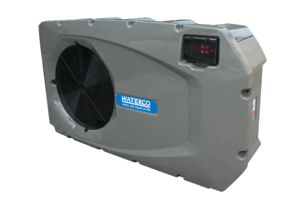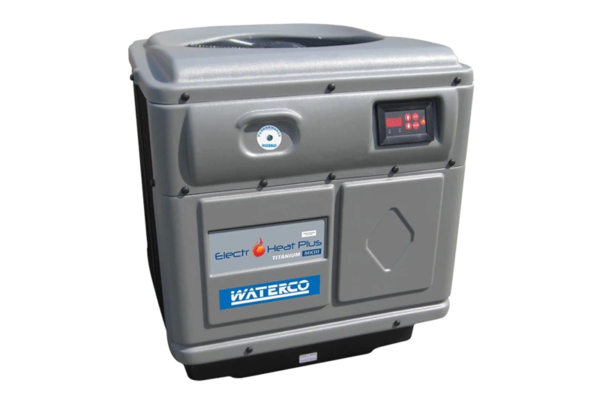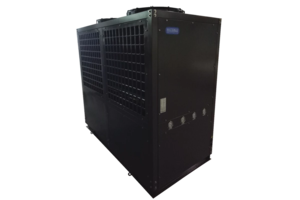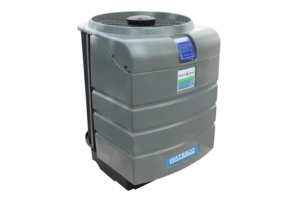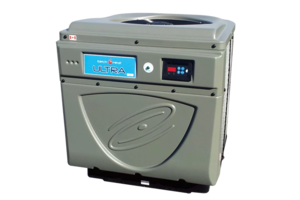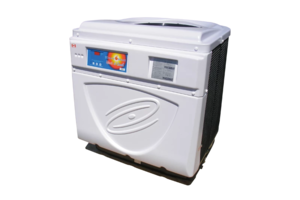- Home
-
Products
-
Pool & Spa
- Pool pump range
- Commercial water pump
- Commercial strainer
- MultiCyclone centrifugal filters
- Filters and Multiport Valves
- Commercial fibreglass filters
- Thermoplastic filters
- Diatomaceous earth filters
- Cartridge filters
- Leaf trapper filter
- Fitting and valves
- Filter media
- Heaters
- Sanitisation
- Pool chemicals
- Water Quality Analysis
- Oxiswim Dual Sanitisation System
- Underwater Lights
- Recirculation accessories
- Handover Equipment and Accessories
- Q360 infloor pool cleaning
- Spa equipment and accessories
- Controllers and automation
- Enviropro eco range
- Pool Ladder
- Water Treatment
- Aquaculture
- Heating
-
Pool & Spa
- Corporate
- News & Events
- Case Studies
- Downloads
- Customer Service
- Contact Us
-
Products
-
Pool & Spa
- Pool pump range
- Commercial water pump
- Commercial strainer
- MultiCyclone centrifugal filters
- Filters and Multiport Valves
- Commercial fibreglass filters
- Thermoplastic filters
- Diatomaceous earth filters
- Cartridge filters
- Leaf trapper filter
- Fitting and valves
- Filter media
- Heaters
- Sanitisation
- Pool chemicals
- Water Quality Analysis
- Oxiswim Dual Sanitisation System
- Underwater Lights
- Recirculation accessories
- Handover Equipment and Accessories
- Q360 infloor pool cleaning
- Spa equipment and accessories
- Controllers and automation
- Enviropro eco range
- Pool Ladder
- Water Treatment
- Aquaculture
- Heating
-
Pool & Spa
- Case Studies
- News & Events
- Downloads
- Customer Service
- Corporate
- Contact Us
Pool Heat Pump
A pool heater serves as an essential device to regulate or increase the temperature of pool water, providing a consistently comfortable swimming environment. These heaters are especially beneficial for prolonging the swimming season, even when external temperatures drop. By keeping the pool water at an ideal temperature, they significantly improve the swimming experience and ensure that the pool remains usable throughout the year.
How Do Pool Heat Pump Work?
Pool heat pump function by transferring heat from the surrounding air to your pool water using a refrigerant. This refrigerant, which has a very low boiling point, vaporizes upon exposure to heat, thereby absorbing heat from the air.
The vaporized refrigerant is then compressed, raising its temperature even further. This hot refrigerant flows through a heat exchanger, where it transfers its heat to the pool water.
Choosing a Pool Heat Pump
When selecting a pool heat pump, consider the following factors: the size of your pool, the climate of your area, and your budget.
Size of Your Pool
Pool heat pumps come in various sizes. It's crucial to choose one that matches your pool's size. A pump that's too small won't heat your pool efficiently, while an oversized pump may lead to higher operating costs.
Climate
Pool heat pump are more efficient in warmer climates. If you live in a colder region, opt for a heat pump with a higher heating capacity to ensure adequate performance.
Budget
Pool heat pumps range in price, from a few thousand dollars for smaller units to higher costs for those with larger heating capacities. Determine your budget before shopping to find a heat pump that meets your needs without overspending.
Maintenance and Repair of Pool Heat Pump
Pool heat pump require regular maintenance to ensure efficient operation. This includes cleaning the evaporator and checking refrigerant levels. Periodic inspections by a qualified technician are also essential.
Pool heat pump offer a reliable and energy-efficient method for heating your swimming pool. They are an excellent choice if you want to extend your swimming season and save on energy bills.
Why Choose Waterco's Pool Heat Pump?
 |
||
|
|
|
- 1. What is a pool heat pump?
A pool heat pump is a device that transfers heat from the air to the pool water, efficiently heating your pool even in cooler weather. It uses electricity to operate but is highly energy-efficient compared to traditional gas heaters.
- 2. How does a pool heat pump work?
A pool heat pump extracts heat from the surrounding air and uses it to warm the pool water. It works similarly to an air conditioner but in reverse, absorbing heat and transferring it to the pool water through a heat exchanger.
- 3. Is a pool heat pump suitable for Singapore's climate?
Yes, pool heat pumps are ideal for Singapore's tropical climate, where the ambient air temperature is typically warm. This makes the heat pump more efficient as it can easily draw heat from the air to maintain a comfortable pool temperature year-round.
- 4. How energy-efficient is a pool heat pump?
Pool heat pumps are known for their energy efficiency. For every unit of electricity consumed, they can produce 5-6 units of heat, making them much more efficient than traditional heating methods. This results in lower operating costs and reduced energy consumption.
- 5. How long does it take to heat a pool with a heat pump?
The heating time depends on the size of the pool, the desired temperature, and the initial water temperature. On average, it may take anywhere from 24 to 72 hours to heat a pool to the desired temperature, depending on these factors.
- 6. What maintenance is required for a pool heat pump?
Pool heat pumps require minimal maintenance. Regular checks include cleaning the air filters, ensuring that the airflow is unobstructed, and inspecting the heat exchanger for any debris. It's also advisable to have an annual service by a professional to ensure optimal performance.
- 7. Are pool heat pumps environmentally friendly?
Yes, pool heat pumps are environmentally friendly because they use the surrounding air to generate heat, significantly reducing greenhouse gas emissions compared to gas or electric heaters. Their energy efficiency also contributes to lower overall energy consumption.
- 8. How do I choose the right pool heat pump for my pool?
When choosing a pool heat pump, consider factors such as the size of your pool, desired temperature, local climate, and budget. Consulting with a professional can help you determine the best model and size for your specific needs.
